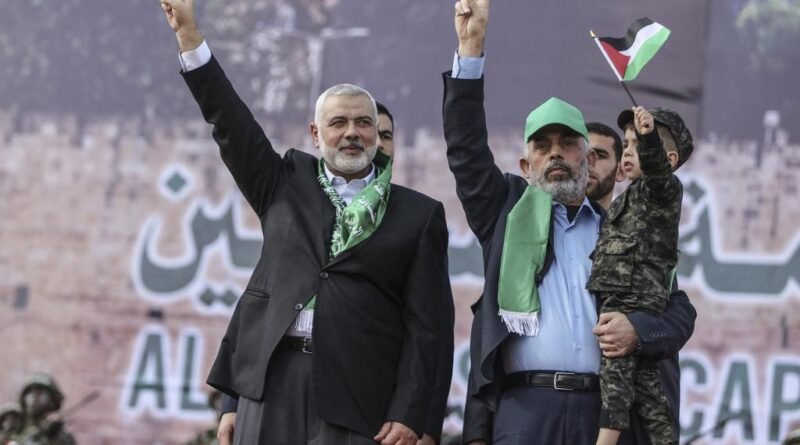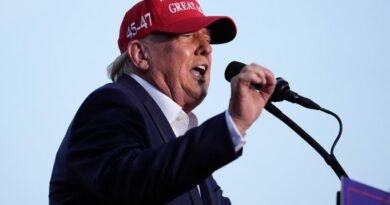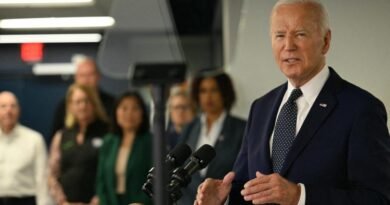Israel’s decision to target terrorist leaders demonstrates its willingness to fight independently

Iran’s President Masoud Pezeshkian, who was recently inaugurated, was met with familiar chants of “Death to Israel” and “Death to America” in Tehran on Tuesday.
Instead of these chants, the crowds could have screamed “Death to Haniyeh,” as the same day, Hamas leader Ismail Haniyeh was killed in Tehran by a precision-guided missile after meeting with Iranian Supreme Leader Ayatollah Ali Khamenei.
Haniyeh, responsible for numerous deaths in the war against Israel and alleged involvement in attacks against Americans, met his demise, a move celebrated by Israel.
Israel demonstrated the effectiveness of decisive action by eliminating key leaders like Haniyeh and Fuad Shukr, a Hezbollah member linked to a recent deadly attack.
These strikes are part of Israel’s strategy to dismantle Hamas, Hezbollah, and Iran’s military command structure.
Khamenei and Nasrallah likely fear further attacks and are considering their next moves carefully, knowing Israel is not afraid to confront them alone.
Iran may retaliate through proxies or directly, but must also consider the implications for its nuclear program and regime survival.
The situation is tense, with potential for conflict escalation between Iran and Israel as the former seeks revenge while the latter remains resolute in its actions.
Israel is sending a clear message to its adversaries: they will not back down, with or without support from the White House.
Recent events have shown that negotiation through strength is Israel’s preferred approach, as demonstrated by the fate of Haniyeh and Shukr.
Mark Toth, a national security and foreign policy writer, is joined by Col. (Ret.) Jonathan Sweet, a veteran military intelligence officer, in providing insights on the situation.



